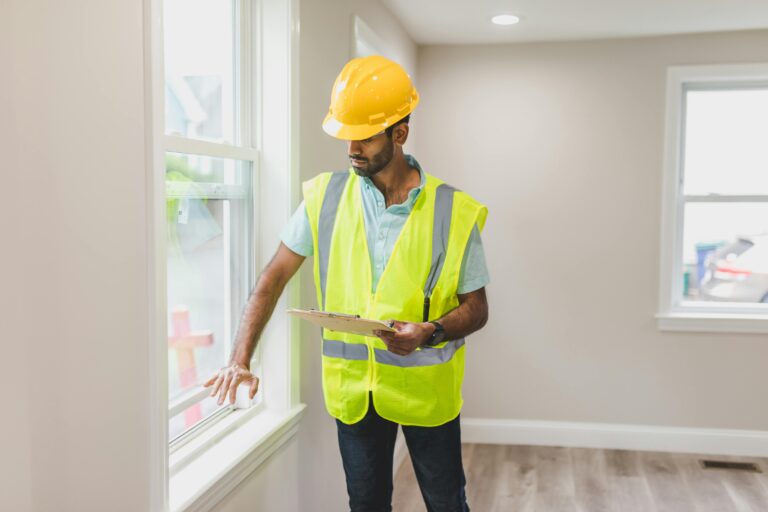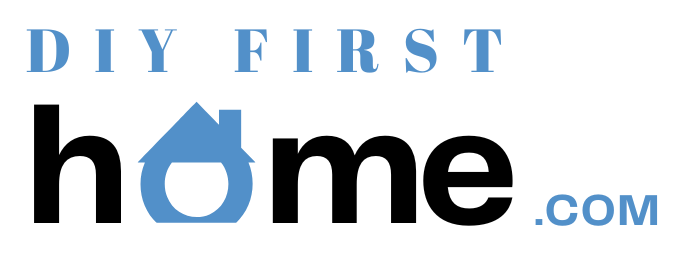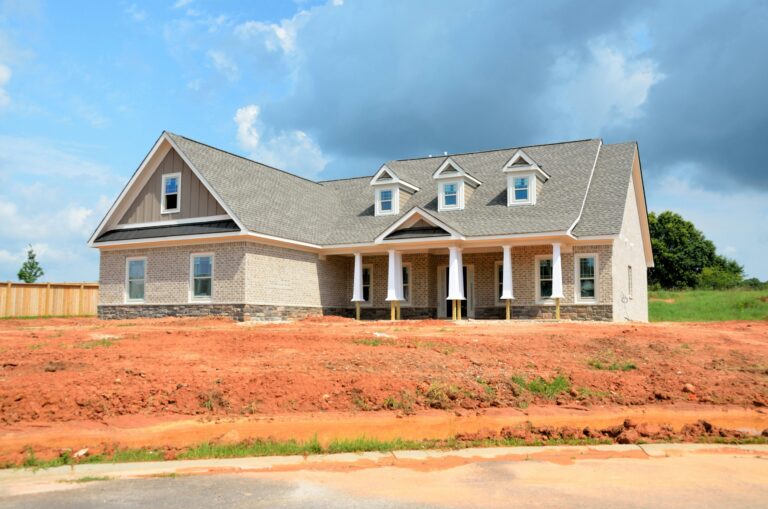The Ultimate Guide to Home Inspection Cost: What You Need to Budget

Buying a home is a significant investment. As a first time homeowner, it’s important to understand all the costs involved. One essential expense is the home inspection cost. Home inspections provide a detailed look at a property’s condition before you make the big purchase. They help identify potential issues that can save you money and stress in the long run. But how much do home inspections cost? The price can vary widely. Factors like the home’s size, age, and location play a role. On average, a home inspection in the U.S. costs between $300 and $500. However, additional services can increase this cost. Services like radon testing or mold inspection add to the total. Personally, my home inspection for my new construction home was $400. Understanding these costs is vital for budgeting. With all the moving parts of the home buying process, it ensures you’re prepared for all expenses. This guide will help you navigate the complexities of home inspection costs. Whether you’re buying or selling, a home inspection is a wise investment. In my opinion, it’s a necessity — especially for first-time homebuyers. It offers peace of mind and helps prevent costly surprises down the road. Join us as we delve into the details of home inspection costs. You’ll gain insights to make informed decisions. Let’s get started on this essential aspect of home buying! Home inspections are a critical part of the property purchase process. They provide an objective evaluation of a home’s condition. This process involves a certified inspector reviewing various systems and components. The focus is on identifying issues that may require attention. Your realtor can usually provide a recommendation with a trustworthy inspector. What is a Home Inspection? A home inspection is a detailed examination of a property’s structure and systems. It assesses the home’s overall condition. Inspectors evaluate several key areas, including: During an inspection, the inspector identifies defects, safety concerns, and maintenance needs. They do not perform repairs or offer guarantees. The inspection concludes with a comprehensive report. This document provides a clear picture of the home’s state, highlighting any areas needing attention. It’s important to understand that inspections focus on visual assessments. Inspectors don’t tear down walls or move heavy furniture. If you can, try to be at the inspection — it’s your chance to ask questions and really get to know the condition of your future home. I couldn’t be there the whole time because of work, but I made it toward the end just to walk through everything with the inspector. It gave me peace of mind and helped me feel more confident moving forward. Importance of a Home Inspection Home inspections hold great value for various reasons. They help protect your investment by revealing hidden problems. First, inspections can uncover issues that are not visible during a casual walkthrough. You may find out about structural problems, faulty wiring, or plumbing leaks. Second, these inspections provide a baseline for negotiations. You can request repairs or adjust the purchase price based on the report findings. Moreover, home inspections are tools for future maintenance planning. They can help you plan and prioritize repairs or improvements. Important benefits of home inspections include: Investors, buyers, and even sellers benefit from this valuable assessment. Sellers can choose to conduct pre-listing inspections to address issues beforehand. Overall, a home inspection offers peace of mind. It equips you with the knowledge needed for a confident purchase decision. Ultimately, this service helps avoid costly surprises. Informed buyers are empowered to make wise investments in their future homes. Average Home Inspection Cost Understanding the average cost of a home inspection can guide your budget planning. Fees vary based on multiple factors, so it’s essential to have realistic expectations. On average, the cost of a home inspection in the U.S. typically ranges from $300 to $500. However, this figure can fluctuate based on individual circumstances. Factors influencing this cost include home size, age, and location. Additionally, extra services like radon or mold testing increase the price. It’s wise to account for these variables when setting your budget. Consider also that prices can differ significantly between cities and states. Moreover, market conditions can affect home inspection costs. High demand may lead inspectors to raise their fees, while low demand might offer price reductions. When considering a home inspection, recognize it as a small portion of the overall purchase expense. While seemingly high, the cost is usually less than 1% of the home’s price. Investing in a quality inspection might save you from future repair expenses. The detailed findings can prevent costly surprises after the deal closes. Determining how much a home inspection costs involves examining multiple elements. Generally, the national average falls between $300 and $500. This cost, however, is not set in stone. It varies by geographic location, property size, and the inspection’s complexity. Larger homes with more square footage can drive prices higher. List of factors impacting the inspection cost: For customized inspections, pricing models may differ. Specialized equipment or tests, such as thermal imaging for detecting leaks, can raise the fee. Buying a house is a major commitment. Therefore, budgeting for an inspection is vital to ensure your future home is safe and sound. Remember, the best approach is to request quotes from multiple inspectors. Compare their services and fees to ensure you’re investing wisely. Typical Home Inspection Cost Across Regions…



